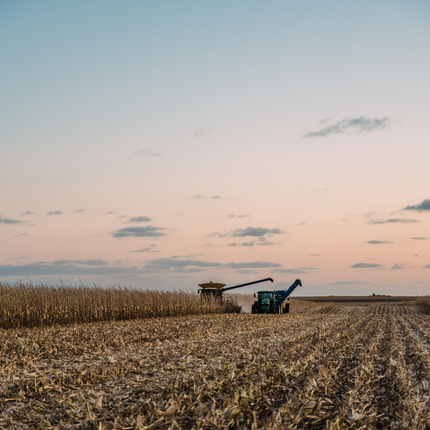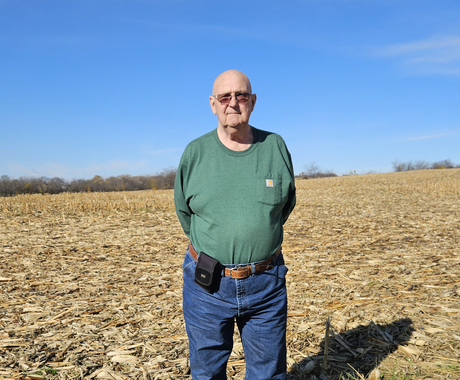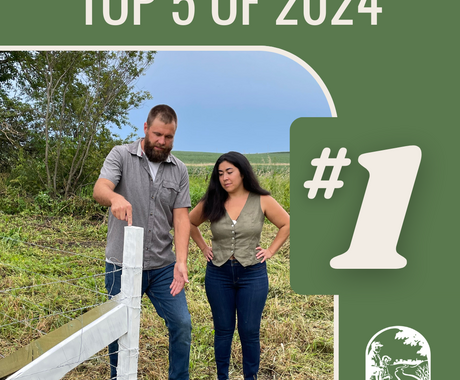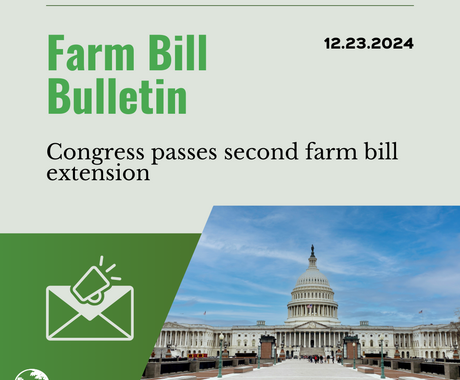By Cody Smith, former staff member
The farm bill is the primary method in which our government invests in rural communities across the nation – without it, our farmers would be uncertain and our communities without access to food and other crucial resources. Congress’ failure to pass a new bill, or an extension of the existing legislation, has left young people in rural areas with anxiety for the future.
Expiration leaves our nation’s beginning farmers and ranchers without access to resources they need to be successful in an aging profession. In 2017, the average age of a farmer was 58 years old. As these farmers hang up their boots, young people must be equipped to handle this transition.
Serious challenges like diminished access to land and capital, an absence of trusted networks, and limited knowledge of available resources can, and are, blocking their entry into the industry.
Before the farm bill expired – taking away funding and the USDA’s authority to administer it – the Beginning Farmer and Rancher Development Program helped budding agriculturalists overcome these barriers. The Senate draft farm bill offered a new approach, the Farming Opportunities Training and Outreach Program, that would make a mandatory investment in the next generation. But, lawmakers failed to negotiate and pass a final 2018 farm bill in time.
A farm bill expiration is disheartening to young people across the U.S. because it sends a message that Congress failed to support them. Letting these programs expire shows young people that Congress has other priorities – none of which include the next generation of farmers.





